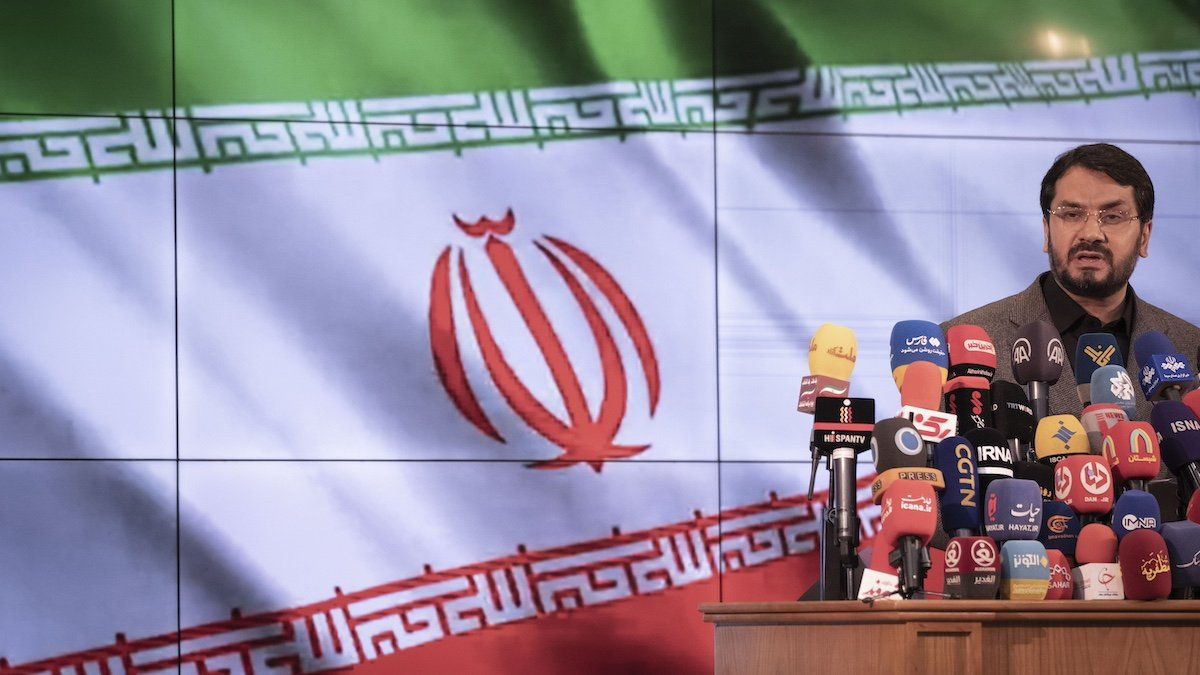Hard Numbers: Iran’s candidates, Stronach’s sex crime charges, Bulgarians vote again, US border crossings drop
6: Iran’s Guardian Council — an unelected body of religious clerics — has approved six candidates to run in elections scheduled for June 28, after President Ebrahim Raisi was killed in a helicopter crash last month. Five of the candidates come from the hardline conservative camp, one is a reformer, and former President Mahmoud Ahmadinejad was barred from running again.
5: Austrian-Canadian billionaire and politician Frank Stronach has been charged with five sexual assault crimes dating between the 1980s and 2023. The 91-year-old’s lawyers denied any impropriety, and police are withholding details about the charges, which include rape, indecent assault on a female, sexual assault, and forcible confinement.
6: Bulgarians went to the polls for the sixth time in just three years on Sunday as the European Union’s poorest member struggles to form a stable government in the wake of anti-corruption protests. No single party is expected to gain a majority, which will continue to inhibit Bulgaria’s development and block access to funds from Brussels.
3,100: US Customs and Border Patrol apprehended roughly 3,100 migrants crossing the border with Mexico on Friday, reflecting a drop of about 20% from just days before. It may be an early indication that Biden’s new border crackdown, which went into effect last week, is working.